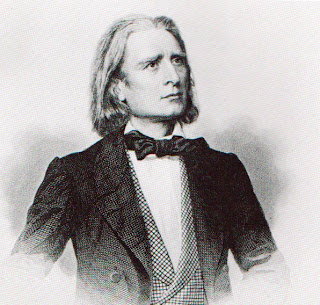 |
| Leopold Stokowski rehearsing with the All-American Youth Orchestra, 1940 |
Beethoven: Symphony No. 5 in C Minor, Op. 67 and
Bach-Stokowski: "Little" Fugue in G Minor, BWV 578
The All-American Youth Orchestra conducted by Leopold Stokowski
Recorded November 14, 1940
Columbia Masterworks set MM-451, five 78-rpm records
Link (FLAC files, 83.82 MB)
Link (MP3 files, 58.94 MB)
Liszt-Stokowski: Hungarian Rhapsody No. 2
The All-American Orchestra conducted by Leopold Stokowski
Recorded July 8, 1941
Columbia Masterworks 11646-D, one 78-rpm record
Link (FLAC file, 22.03 MB)
Link (MP3 file, 13.03 MB)
Mendelssohn: Scherzo (from "A Midsummer Night's Dream")
Bach-Stokowski: Preludio (from Partita in E Major, BWV 1006)
The All-American Orchestra conducted by Leopold Stokowski
Recorded July 11 and 20, 1941
Columbia Masterworks 11983-D, one 78-rpm record
Link (FLAC files, 21.38 MB)
Link (MP3 files, 13.07 MB)
The Beethoven set is a relatively recent acquisition for me; but for the two single discs I have revisited the reclaimed record pile. I'm particularly pleased to have reclaimed the Bach-Mendelssohn disc, for it was a gift from my first piano teacher, George A. Neely (1903-1990), with whom I began lessons at the age of 11. Mr. Neely was a kind man who traveled to our neighborhood once a week to give lessons to kids in their homes. When he learned of my interest in collecting classical 78s, he decided to give me his entire collection - accumulated 25-35 years previously and containing some 40 or 50 sets, among them all the Beethoven and Brahms symphonies! The Stokowski record I'm sharing here is all I have left of this largess. I took lessons from Mr. Neely until I was fourteen, at which point I wanted to learn to play Shostakovich and he declared he had nothing left to teach me, so another teacher was found. But I remember Mr. Neely with the greatest fondness, am grateful for his many gifts, and hope I give as much to my own students as he gave me.





